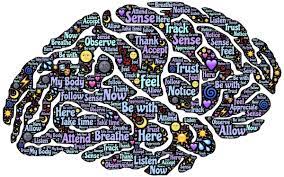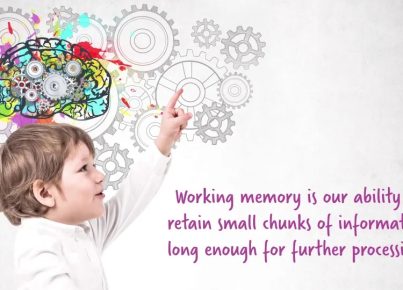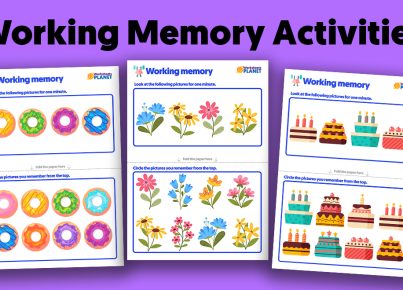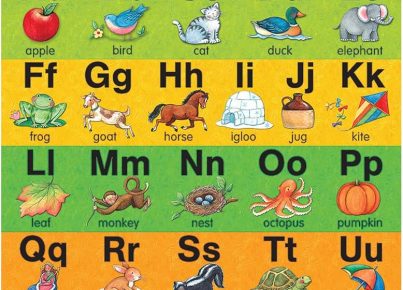Introduction:
Cognitive and learning difficulties can come in many forms and affect individuals in various ways. Some may experience difficulty with reasoning, verbal comprehension, working memory, or processing speed. Understanding the characteristics of these challenges is crucial to provide necessary support and help those with learning needs reach their full potential. In this article, we will explore the characteristics of cognitive and learning difficulties and introduce helpful strategies from Help Sheet 2.
Characteristics of Cognitive and Learning Difficulties:
1. Difficulty focusing: Individuals may find it hard to pay attention for extended periods.
2. Slower processing speed: They may need more time to understand concepts or directions.
3. Trouble with memory: Short-term and long-term memory can be affected, leading to problems recalling information.
4. Poor organizational skills: They may struggle to prioritize tasks or arrange thoughts coherently.
5. Difficulty with abstract thinking: It may be harder to understand complex concepts or find connections between ideas.
6. Inability to generalize learning: They might struggle with applying the knowledge gained in one context to another context.
7. Language difficulties: Verbal comprehension and expression can be affected, making communication challenging.
Helpful Strategies from Help Sheet 2:
1. Use explicit instruction: Clearly state expectations, goals, and objectives while providing step-by-step guidance through processes.
2. Break down tasks into smaller steps: This makes larger tasks more manageable for individuals with cognitive or learning challenges.
3. Provide frequent feedback: Offer constructive feedback along the way to reinforce positive behavior and adjust strategies as needed.
4. Use visual aids: Incorporate diagrams, charts, or other visuals to help make information more accessible and engaging.
5. Encourage organization: Teach planning techniques such as creating daily schedules, using checklists, or setting specific goals.
6. Implement hands-on activities: Engage individuals with interactive experiences that can help them better understand and retain information.
7. Offer repetition and reinforcement: Regularly review important concepts to solidify learning and aid in memory retention.
Conclusion:
Understanding the characteristics of cognitive and learning difficulties is essential for not only identifying individuals who may need support but also for implementing effective strategies to address these challenges. By utilizing the methods from Help Sheet 2, educators and caregivers can provide the necessary assistance to help those with cognitive and learning needs reach theirmaximum potential. Remember, every individual is unique, and tailoring your approach to their specific needs is crucial for overall success.





